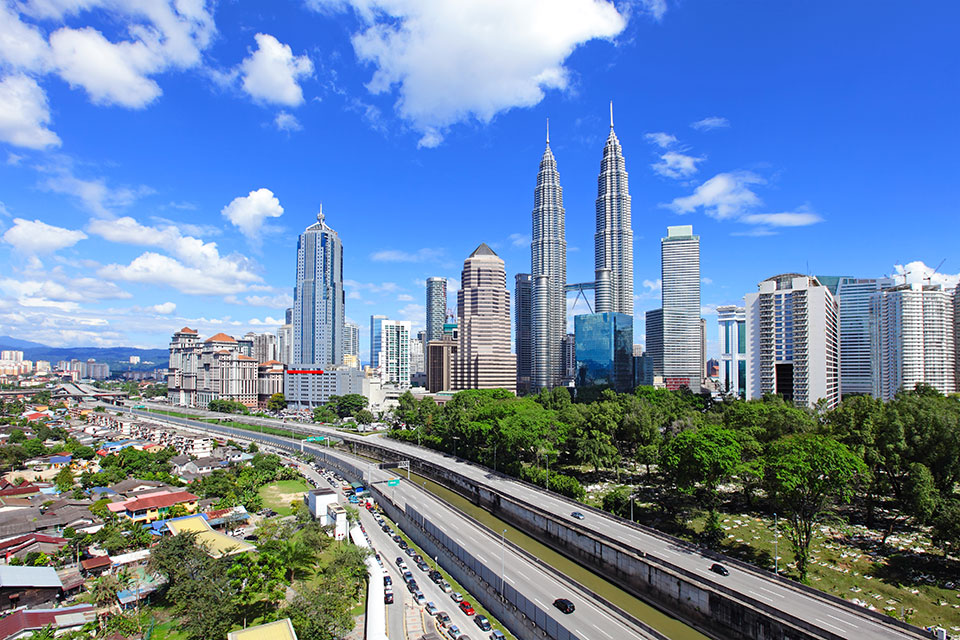Going to a Malaysian University? Make sure you remember these 6 tips

If you have been my regular reader, you will know that I often cover survival tips on countries that might interest international students. The aim is to encourage students to research the country of higher education and ensure the implementation of a few really necessary tips for smoother settlement. Today, we have another country for our discussion: Malaysia.
Malaysia is a prominent Asian country with a peculiar culture and scenic geographical location. However, despite being a popular tourist destination in the world, it does not enjoy much popularity among international students. This is so not because it offers low-quality education; the reason is that students are not properly acquainted with the various important aspects of the country.
You can never know a country by imagining what it could be like. You must read, talk, and research it—and I may have a few starting points for you. Here are 6 tips for surviving as a student in Malaysia.
- Avoid intimacy in public
Malaysia is a conservative country and one of the things you should not be doing is doing what you might do in your country. Intimacy in public is condemned in the country, and it is very important that you mind the gender. You should respect the socially constructed space between men and women and avoid being overly friendly with strangers over there. - Dress modestly
Whether you are inside the university or strolling down the streets of Kuala Lampur, you must be wary of how you dress up. Being an Islamic nation, Malaysia observes a rather strict code of dressing. For tourists, of course, there are relaxations, but they are not very significant. If you start studying in a university here, you are expected to observe the norms and behave more like a local than a tourist. In order to avoid any unpleasant situation, it is strongly advised that you wear cautiously. - Accommodation is easily available
Generally, accommodation should not be a problem here. Like every other country, you will have to choose either on-campus accommodation or off-campus accommodation. On-campus accommodation is preferable as it helps in saving on transportation and food greatly. However, if you want to live off-campus, you will be able to find a great number of apartments and hostels to choose from. Student hostels are the most common form of student accommodation in the country. Co-ed accommodations are not easily available. - Scholarships
Malaysian higher education is not expensive and is quite cheaper for students coming from the United States and Europe. Yet, those who require scholarships have plentiful options to consider. The Malaysian government offers an array of scholarship programs for international students such as the Malaysian International Scholarship (MIS). Most of these scholarships provide for the tuition fees, accommodation, and daily allowances, though additional benefits may also be given depending upon the terms and conditions of the scholarship scheme. - Work Opportunities
Part-time jobs are undoubtedly very useful in alleviating financial stress. Most countries allow some relaxation to international students studying in their universities. In Malaysia, part-time jobs are becoming exceedingly common among students, and this trend has also been encouraged by the fact that the country permits a maximum of 20 hours per week of part-time work to students. There may be places where students may be prohibited from working in certain capacities such as musicians and cashiers. Otherwise, you can undertake part-time jobs in places such as markets, hotels, and petrol pumps. There may be restrictions imposed on part-time jobs by your university so make sure to double-check those conditions before taking up any job. - Food expenses
Being a relatively cheap country, you should not worry about food expenses. All kinds of eating options, from high-end restaurants to street kiosks are available. So far as cuisine is concerned, you will come across a range of choices such as Indian, Thai, Malaysian, and Chinese. Seafood is very popular in the country. However, despite the food being cheaply available, it is suggested that you cook at your place in case you live off-campus or eat at your university’s cafeteria to enjoy student’s discounts.
Bring the best of the CEOWORLD magazine's global journalism to audiences in the United States and around the world. - Add CEOWORLD magazine to your Google News feed.
Follow CEOWORLD magazine headlines on: Google News, LinkedIn, Twitter, and Facebook.
Copyright 2025 The CEOWORLD magazine. All rights reserved. This material (and any extract from it) must not be copied, redistributed or placed on any website, without CEOWORLD magazine' prior written consent. For media queries, please contact: info@ceoworld.biz










